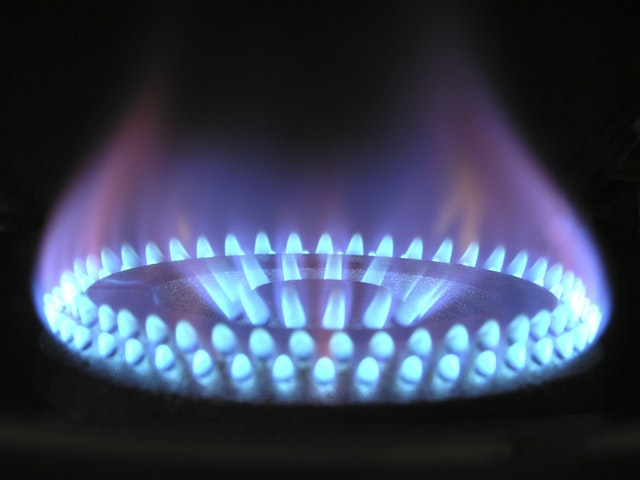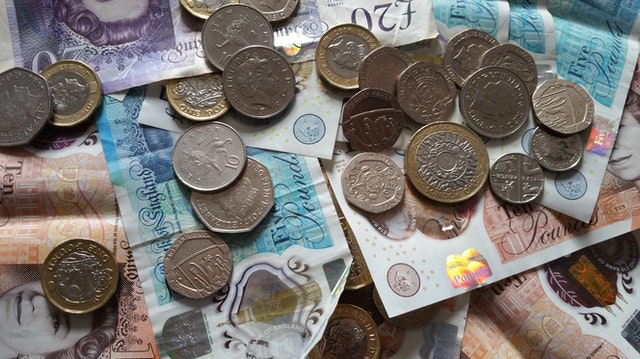Five ways to cut your energy bills

These are certainly strange times in the energy supply world. A number of different factors have contributed to the sky high cost of gas and electricity, and it seems that it’s going to get worse before it gets better. Ofgem announced that the price cap for energy bills in the U.K. (excluding Northern Ireland) was to rise by a massive 54% on average from April 2022. Switching suppliers at the present time may not be a good plan. But what other things can you do to limit the effect of the rising prices? We discuss five ways to cut your energy bills in this article.
1. Reduce your energy consumption
This may seem obvious, but the less energy you use, the less you will pay. There are a number of straightforward ways to do this:
- Cook in an energy efficient way – for example, don’t just use the oven for one item at a time. Cook different vegetables together in one pan rather than having two separate pans. Try preparing a meal using a slow cooker or use some of these great tips for cooking using an air fryer.
- Don’t heat the rooms you aren’t using: turn the heating down low (or off), and close the door.
- Turn down your heating thermostat – put on extra layers of clothing.
- Always do full loads in your washing machine or dishwasher, and make use of eco programs (they use less water as well as less energy).
- Minimise use of the tumble dryer – use an airer instead.
- Insulate your doors and windows to reduce draughts – search online for DIY insulation tips.
- Reduce the time spent in the shower, and take showers rather than baths.
- Only boil the water you need in the kettle – don’t overfill it.
- Don’t leave appliances on standby – turn them off at the plug when not using them.
- If you own your own home and have some money to spend, there are bigger projects that you can undertake to save money by making your home more energy efficient.
2. Check your electricity and gas tariffs
Log in to your gas and electricity account(s) and see what tariffs are available to you as an existing customer. Variable prices jumped by 54% on average in April 2022, and have been rising pretty much ever since. If you value certainty, you could look at fixing your tariff now. But if the fixes that are available are a lot more expensive than the April price cap, it probably isn’t worth it at this time. Nobody knows at this point how much the price cap will rise in future. However, let’s assume prices will rise by another 25%. To work out how much you could be expected to pay: take the amount you are paying now, and divide by 100, then multiply the answer by 125. For example, if you pay £200 per month now, £200 divided by 100 = £2. Then multiply £2 x 125 = £250. To work out other percentages, substitute 125 in this formula for the percentage you want to calculate (e.g. 30% would be 130). Check any new tariff prices carefully before committing yourself to them, especially if there is a fee to end the deal early.

3. Pay by direct debit if possible
Most suppliers charge less if you pay by direct debit, so if you are able to do so, this is usually the cheapest way to pay. This may not be possible if you are on a prepayment meter, but ask your supplier anyway – it may be possible to have your meter changed or updated so that direct debit is an option.
4. Check and claim bill credits
Make sure you’ve claimed all of the energy bill credits that you are entitled to. These include:
- Warm Home Discount Scheme
- Winter Fuel Payment
- Cold Weather Payments
- Grants
- Credits from your energy supplier
The Citizens Advice website has lots of advice on who is eligible for these benefits and grants, and the links to find out more and apply.

5. Refer a friend
Check if your energy supplier has a “refer a friend” offer, and get your friends to do the same. Some suppliers give you a bonus (e.g. £50) if a friend signs up and switches energy suppliers using your referral link. Talk this over with friends, work out who has the best energy prices and referral bonus, then they (or you) could switch and agree to share the bonus between you. Never switch just to get the bonus – always check the energy prices first. But the bonus could be an extra benefit if the energy price is the same as – or cheaper than – either you or your friend is paying at the moment.
The above five ways to cut your energy bills should help to minimise the effect of increasing energy prices. Have you done any of them? Do you know of any others? Let us know in the comments below.



Leave a Reply